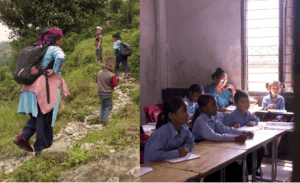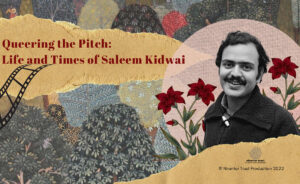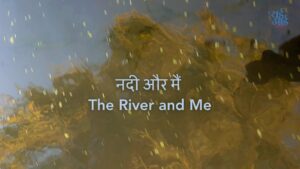In 2022, we started working with 12 caseworkers across Uttar Pradesh, locating them as creators of knowledge around violence. With them, we created a vocabulary around gender-based violence (GBV) emerging from the grassroots, which is now live as the Caseworker’s Dictionary of Violence. The lexicographers for this dictionary are from Lalitpur, Lucknow, and Banda, with days, nights and decades of working cases that may have disappeared from history, if it wasn’t for them.
The 12 caseworkers who have co-authored this Dictionary, intervene in situations of murder, rape, abduction, child sexual abuse, dowry deaths and domestic violence. The caseworkers have emerged from the communities they work with, and have experienced violence in their own lives. They have learnt to be caseworkers by showing up, by doing, and by the occasional legal training and input.
In our series, Meet the Caseworkers, we spoke individually to these 12 caseworkers. They trace back their lives and times, their epiphanies, their regrets. They also share tools and strategies for other grassroot workers working with violence.
Read in Hindi.




